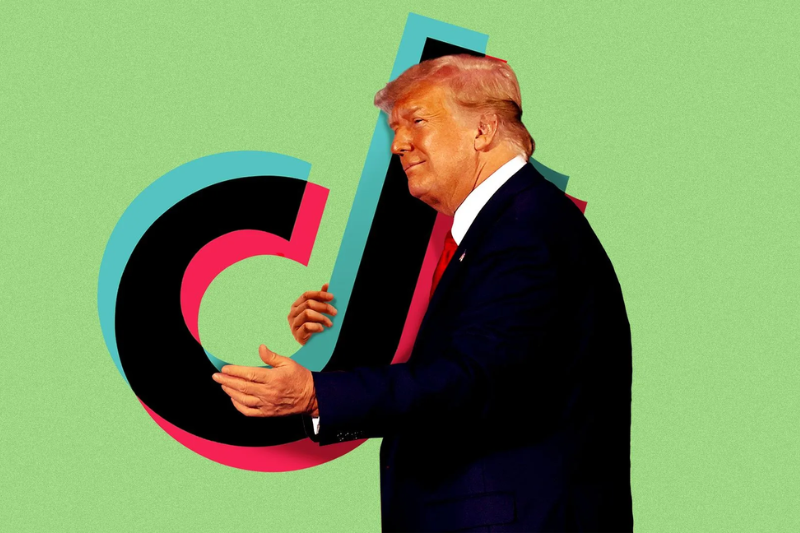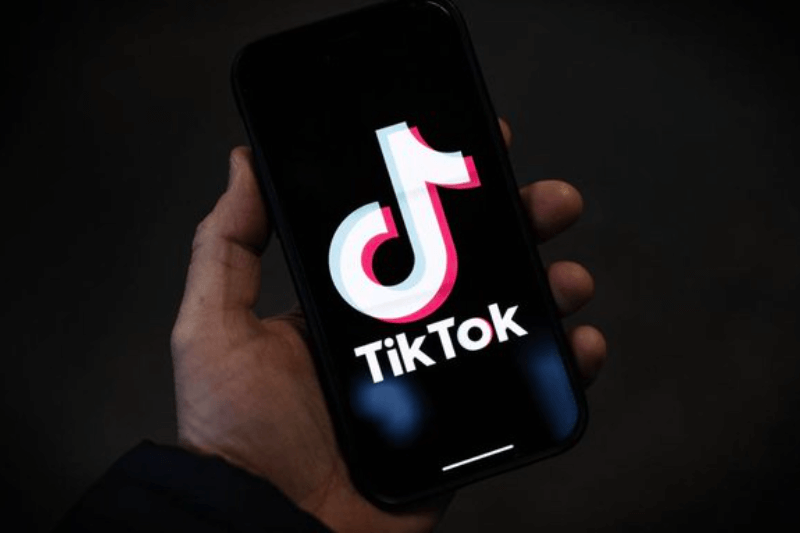
Navigating Trump’s TikTok Flip: Billionaires, Politics, and Policy
In the realm of digital geopolitics, few stories have captivated the public’s attention quite like the saga of Trump’s TikTok flip. As the former president’s stance on the Chinese-owned app oscillates, a complex interplay of billionaire interests, political maneuvering, and national policy unfolds. What are the factors driving Trump’s shifting position on TikTok, shedding light on the influence wielded by wealthy backers, the intricacies of political dynamics, and the broader implications for digital security.
In recent news, former President Donald Trump‘s unexpected reversal regarding TikTok has raised eyebrows and stirred speculation about the influence of billionaire backers.
The Unpredictable Pivot
After a tumultuous year of attempting to ban TikTok during his presidency, Trump’s sudden shift in support for the Chinese-owned app has left many puzzled. However, for astute observers, this volte-face appears to be a recurring theme linked to influential billionaire donors.
Patterns of Patronage
Trump’s previous attempt to restrict TikTok coincided with pressure from Larry Ellison, co-founder of Oracle, who hosted a fundraiser for Trump’s reelection campaign. Oracle’s subsequent partnership with TikTok further fueled speculation about the role of billionaire interests in shaping policy.
Present-Day Players
Now, Jeffrey Yass emerges as a pivotal figure, with a substantial stake in TikTok’s parent company, ByteDance. As a major donor to the conservative Club for Growth, Yass’s influence aligns with Trump’s evolving stance on TikTok, particularly in light of the upcoming 2024 presidential campaign.
Keep Reading
Transactional Politics
Nu Wexler, a seasoned observer of tech policy, aptly characterizes Trump’s approach as “entirely transactional.” Trump’s actions seem to reflect a willingness to align with policies that benefit his billionaire backers, regardless of previous positions or national interests.
Implications for National Security
Given Trump’s enduring influence within the Republican Party, his inconsistent stance on TikTok raises significant concerns about national security. The bipartisan effort to address TikTok’s Chinese ownership underscores the gravity of the situation and the urgency for decisive action.
Congressional Dynamics
While House Republicans have signaled support for measures to curb TikTok’s influence, Trump’s reversal could complicate legislative efforts. With the Senate’s role looming large, Trump’s influence may shape the trajectory of future policy decisions regarding TikTok.
A Lens on Motivations
Critics argue that Trump’s about-face on TikTok is driven by his financial ties to influential donors like Yass. The intersection of politics and patronage underscores the need for transparency and accountability in policymaking.
Political Posturing
In response to inquiries about Trump’s motives, elected officials tread cautiously, hinting at the influence of billionaire interests without explicitly confirming it. The nuanced responses reflect the complexity of political dynamics and the delicate balance of power.
Denials and Deflections
While Trump denies direct communication with Yass regarding TikTok, suspicions linger about the role of wealthy backers in shaping his decisions. The absence of clear statements from involved parties only adds to the intrigue surrounding this saga.
The Road Ahead
As the debate over TikTok’s future intensifies, stakeholders must grapple with the broader implications of political patronage and corporate influence. Transparency, accountability, and informed policymaking are essential to safeguarding national interests and preserving democratic principles.




